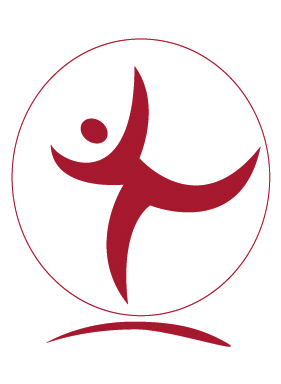Select an item by clicking its checkbox

Adapting Ourselves and Our Methods: Incorporating CST Into the Classroom
Proposal abstract :
Villanova University’s Office for Mission and Ministry responded to the USCCB’s call to bring Catholic Social Teaching (CST) into the mainstream of Catholic education by hosting a four-day workshop providing faculty members with pedagogical tools for incorporating CST into their courses. The workshop addresses the question: How can faculty use the teachings of the Roman Catholic magisterium and scholarship on those teachings to address the pertinent signs of the times through pedagogy? The workshop was reimagined as a syllabus workshop to meet faculty and student needs in the post-COVID era. Using “signs of the times” methodology of See/Judge/Act, the workshop allows faculty to intertwine their teaching with CST and Villanova’s bedrock principles found in the university’s mission statement and the teachings of St. Augustine. This proposal seeks to grow the workshop through funding for presenters and allocating space for theology and religious studies faculty to build “good teaching practices”.
Learning Abstract :
Catholic Social Teaching consists of the rich tradition of magisterial documents – rooted in the principles of Human Dignity, Solidarity, Common Good, and Subsidiarity – that guide the Roman Catholic Church's advocacy and action around key social issues of the day. In 1998, the United States Conference of Catholic Bishops (USCCB) called for "a renewed commitment to integrate Catholic social teaching into the mainstream of all Catholic educational institutions and programs." Villanova University's Office of Mission and Ministry (OMM) responded to this call in two distinct ways. First, OMM founded the Journal of Catholic Social Thought which has become a leading source for scholarship on Catholic Social Teaching. Second, OMM used the expertise established by hosting the journal, as well as guidance from the teachings of St.
Villanova University’s Office for Mission and Ministry responded to the USCCB’s call to bring Catholic Social Teaching (CST) into the mainstream of Catholic education by hosting a four-day workshop providing faculty members with pedagogical tools for incorporating CST into their courses. The workshop addresses the question: How can faculty use the teachings of the Roman Catholic magisterium and scholarship on those teachings to address the pertinent signs of the times through pedagogy? The workshop was reimagined as a syllabus workshop to meet faculty and student needs in the post-COVID era. Using “signs of the times” methodology of See/Judge/Act, the workshop allows faculty to intertwine their teaching with CST and Villanova’s bedrock principles found in the university’s mission statement and the teachings of St. Augustine. This proposal seeks to grow the workshop through funding for presenters and allocating space for theology and religious studies faculty to build “good teaching practices”.
Learning Abstract :
Catholic Social Teaching consists of the rich tradition of magisterial documents – rooted in the principles of Human Dignity, Solidarity, Common Good, and Subsidiarity – that guide the Roman Catholic Church's advocacy and action around key social issues of the day. In 1998, the United States Conference of Catholic Bishops (USCCB) called for "a renewed commitment to integrate Catholic social teaching into the mainstream of all Catholic educational institutions and programs." Villanova University's Office of Mission and Ministry (OMM) responded to this call in two distinct ways. First, OMM founded the Journal of Catholic Social Thought which has become a leading source for scholarship on Catholic Social Teaching. Second, OMM used the expertise established by hosting the journal, as well as guidance from the teachings of St.